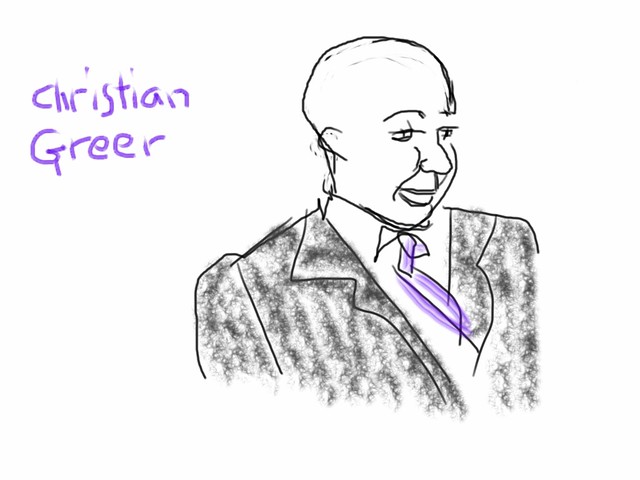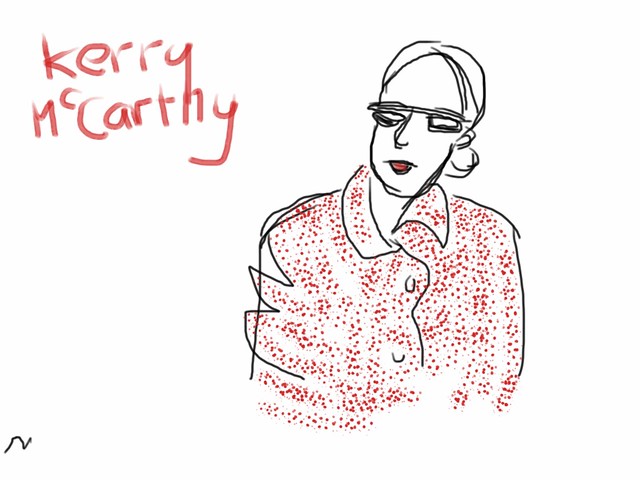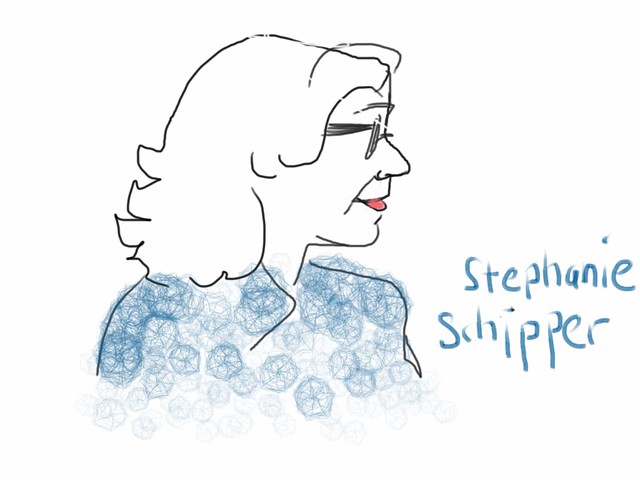The Buzz About HIVE: Digital Learning Media
Christian Greer
We are tech heads, not lab rats.
Well, there you have it.
That is what kids felt about themselves as they entered the space Christian Greer of the Chicago Community Trust created for youth to explore games, music DJ-ing and app development.
In New York, the New York Community Trust learning network, HIVE, developed a project with the NY Hall of Science that helped kids become citizen activists. They travelled throughout Flushing, New York armed with smartphones with probes designed to measure CO2 content, air quality, collect data and report back on their findings. They developed a public relations program about the risk of idling vehicles on the streets and they became lobbyists who pestered the CEO of NYSCI to move buses off the street.
Be careful what you wish for.
In a session presented by Kerry McCarthy of the New York Community Trust, Christian Greer and Stephanie Schipper of The Mozilla Foundation talked about the opportunities and the challenges of how kids can use digital media constructively and how funders can work in a networked philanthropic landscape.
In 2011 and 2012, the New York Community Trust made grants to middle and high schools that linked youth, art, science, museums, libraries and new partners with the intent to gain insight to the community, extend into the five boroughs and to serve the most disadvantaged kids. Was it possible to create an innovative process where learning happened anytime, anywhere that could scale? And could this happen on their preferred devices where they become creators?
A project involving the New York Public Library and Global Kids involved kids in a social media scavenger hung by using QR codes on iPads. This initiative, piloted in the Bronx, challenged kids to build a game to find and discover things such as, where did Edgar Allen Poe live?
The enduring question is how to replicate such projects in other branches and in other boroughs.
Stephanie Schipper
Stephanie, just a few days into her new position at Mozilla as the VP of Web Strategy, said that the goal of Mozilla is to leverage open networks of people to create things. In 2003, Internet Explorer had 97% of the market share. The Mozilla browser was created to safeguard the open web. The Firefox open source browser is open for participation. This open source philosophy can be applied to learning. As a platform of created opportunities, scaffolding and shared mission, Mozilla engages large networks to amplify impact. The Mozilla Foundation’s goal is to support the next generation of web makers.
Here’s a cool idea: X Ray Goggles
With X Ray Goggles, you can look at the actual structure of the web and remix it in real time. For example, you can go to the Google home page and replace the Google logo. The goal of this program is to encourage people to think of the web as something they can make changes to and to create things out of and to facilitate the use of co-creating products such as Hackasaurus.
Here’s what is highly encouraged:
early fail often models
bringing learners to co-create products
de-scarifying the process
About the Author: Hoong Yee Lee Krakauer writes about how to be a nimble nonprofit, make life creative and make a difference at www.hoongyee.com.
She is also the Executive Director of the Queens Council on the Arts. Hoong Yee can be found surfing in the Rockaways whenever there are waves.
Do you want to know the fears, visions of perfect worlds and world changing advice of your peers and keynote speakers?
I have a special bonus post for you of interviews I conducted with people during the conference. Just leave me a comment with your email or better still, subscribe at www.hoongyee.com and get my interview post and new style notes for people who change the world delivered to your inbox.



